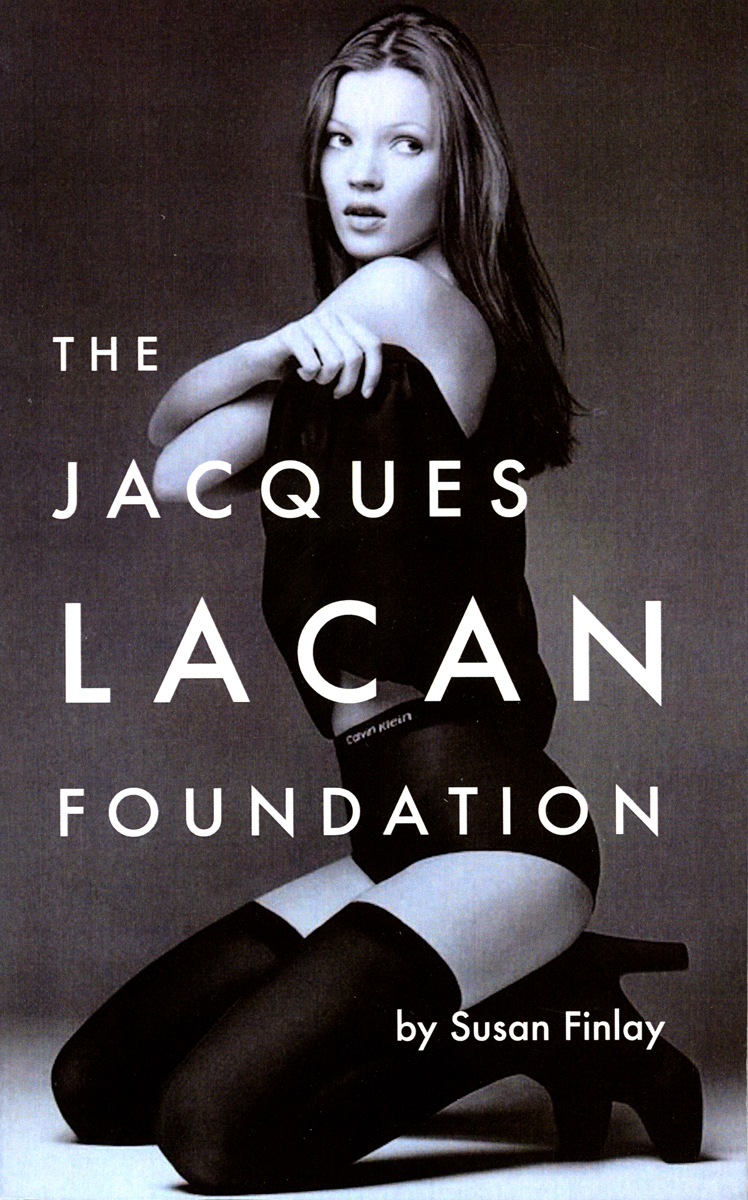Curated by ELLY HONG
For our August round of Friday Reads, we spoke to three alums of The Common’s Literary Publishing Internship. Their recommendations delve into trauma, failure, and purposelessness, but all include notes of hope.
Recommendations: Idaho by Emily Ruskovich, Hex by Rebecca Dinerstein Knight, and Severance by Ling Ma
Emily Ruskovich’s Idaho; recommended by Julia Pike (former Thomas E. Wood ’61 Fellow)
Idaho by Emily Ruskovich opens with a woman named Ann sitting in a truck where, years before, an unspeakable act of violence took place. Ann lives with her husband Wade in the mountains of the eponymous state, and these mountains are one of the many players in this masterfully crafted, character rich novel. The mountains are both an ally to Ann, and a foe. They allow Wade, who’s slowly losing his memory to the same disease that killed his father, to remember himself in moments, to plow the snow off the trails and train his dogs in the woods. But in the moments where Wade loses himself, Ann is entirely alone.
Just as readers are situated in Ann and Wade’s life, the novel switches. Suddenly, we’re four years in the future, in the prison where Wade’s ex-wife, Jenny, is incarcerated, experiencing life from Jenny’s cellmate’s point of view. In the next chapter, we’re twenty years in the past, on the same Idaho mountain, living through Jenny and Wade’s first brutal winter together. In one of my favorite chapters, Jenny and Wade’s six-year-old daughter spends a hot afternoon swimming in a plastic trash can full of water, contemplating her relationship with her nine-year-old sister, who suddenly doesn’t want to play the games they’ve always played. In the hands of another writer, these transitions could feel disorienting, but Ruskovich brings to life each of these characters with such humanity that you find yourself caring for all of them equally, content to experience each of their lives for a short time.
Ruskovich weaves a rich tapestry of all the lives affected by a single act of violence, but though Idaho’s plot turns around this moment of brutality, at the real heart of the novel is forgiveness—forgiveness of ourselves, of others, of things within and beyond our control. In Smith Henderson’s review of Idaho for The New York Times Book Review, he writes, “Ruskovich’s language itself is a consolation,” and this sentiment perfectly captures the experience of reading this book. Idaho is, at its heart, a novel about what human beings are capable of—in terms of violence, but, more importantly, in terms of care.
Rebecca Dinerstein Knight’s Hex; recommended by Sarah Whelan (former Contributing Editor)
I’m always in search of a good audiobook, and for the longest time my go-to audiobook recommendation was Jenny Slate’s Little Weirds, a series of personal essays that are as tender as they are topsy-turvy. Personally, I’ve long been a fan of Slate’s—from her viral short video Marcel the Shell with Shoes On, to her work on Parks and Recreation, to her participation in The Common’s Postcard Auction. What elevates the listening experience, however, is the quality of Slate’s recording, as her performance swerves expertly between twinkle and tragedy. Reaching the end of the story and hearing her say goodbye left me with a real sense of loss.
Imagine my delight when in my list of suggested audiobooks I discovered Hex, a novel written by Rebecca Dinerstein Knight and performed by Slate. On the surface, Hex is a story about an emotionally and academically adrift woman who copes with unrequited love for her thesis advisor and expulsion from grad school by growing poisonous plants in her studio apartment. However, like Little Weirds, Hex as an audiobook succeeds beautifully because the intimate, confessional quality of the protagonist’s account could not be better suited to Slate’s lonely yet nurturing voice. I cannot recommend Hex more highly, on the page or in an earbud, but I promise that it is worth the download.
Ling Ma’s Severance; recommended by Isabel Meyers (former Literary Editorial Fellow)
After almost a year and a half of pandemic, I think we are finally ready to return to Ling Ma’s speculative fiction masterpiece, Severance. Set during a mysterious plague that threatens the future of humanity, Severance cleverly takes down office culture and capitalism through a riveting and perhaps too-relevant premise. Candace Chen works an unfulfilling job producing artistic bibles for a publishing company where she is under-recognized and overworked. After breaking up with her boyfriend, Candace is awash in feelings of purposelessness and emptiness. When the office closes down due to the pandemic, she feels little drive to leave the city and documents New York City’s great collapse in a photography blog before finally fleeing with the last few survivors.
She eventually stumbles upon a group of refugees who have successfully evaded Shen Fever, the disease that is quickly ravaging the country. Unfortunately for Candace, survival under the most stressful circumstances is not necessarily easier when living with others, when each holds their own grudges, secrets, and weaknesses. Severance explores gender, class, and group dynamics through the lens of a pandemic apocalypse that we must avoid at all costs. I’d recommend this offbeat, wry novel to anyone willing to dive into a fictional, disease-ridden world and come up with insight, laughter, maybe even a little bit of hope.







